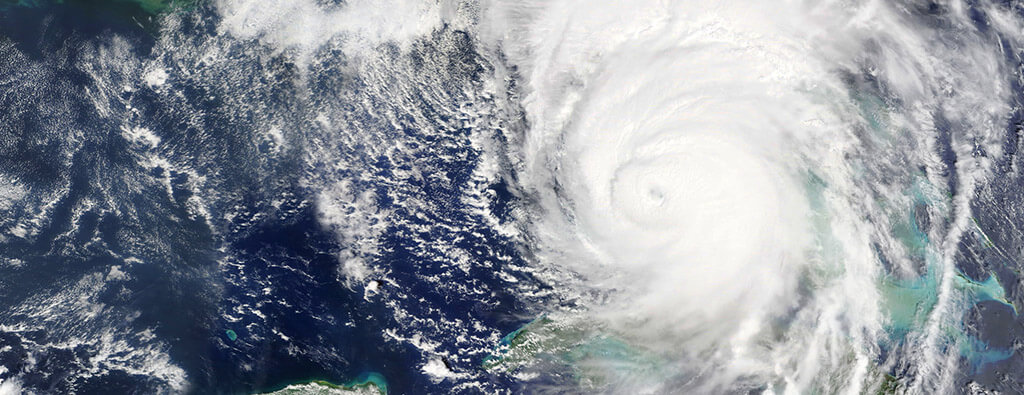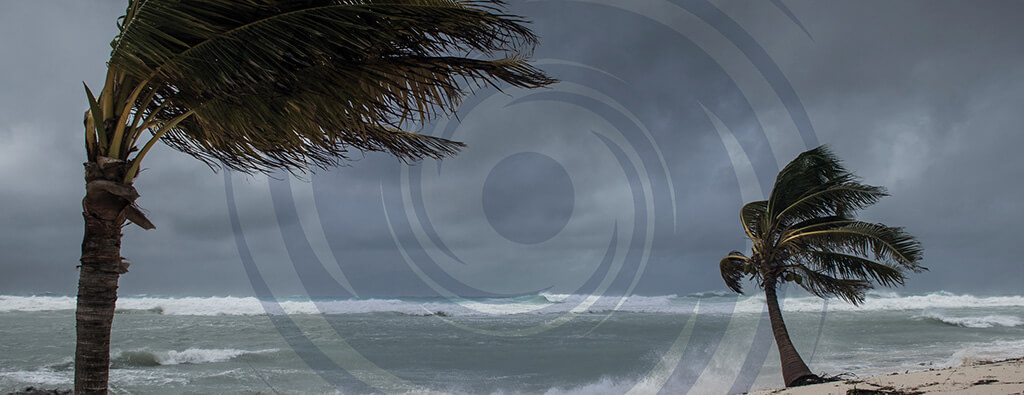As the 2024 hurricane season unfolds, Tidal Basin Group stands vigilant, equipped, and ready to navigate the challenges posed by the impending hurricane season. We share these insights from the esteemed Climate Adaptation Center (CAC) in Sarasota, FL, and invaluable preparedness tips from the National Oceanic and Atmospheric Administration (NOAA), reflecting our commitment to helping our stakeholders and clients safeguard their communities.
The 2024 hurricane predictions from the Climate Adaptation Center serve as a call to action and a guiding light for strategic preparedness efforts. Experts anticipate heightened activity in the Atlantic basin, with projections indicating an above-average hurricane season. The CAC has forecasted 24 named storms, 12 hurricanes, and six major hurricanes for the 2024 season. Major hurricanes, categorized as at least a Category 3 on the Saffir-Simpson Hurricane Wind Scale, with sustained winds of 111 miles per hour or greater, pose significant threats. These numbers represent an uptick from the previous year, underscoring the necessity for heightened vigilance and robust preparedness measures amidst evolving climatic patterns and potential hazards.
Complementing the CAC’s forecast, NOAA predicts a similarly active season, with an 85% chance of above-normal activity. NOAA’s forecast includes 17 to 25 named storms, 8 to 13 hurricanes, and 4 to 7 major hurricanes. The Accumulated Cyclone Energy (ACE) index for the 2024 season is projected to be 150-245% of the median, categorizing the season as “hyperactive.”
Such forecasts underscore the importance of preparedness and resilience in facing potential adversities. NOAA recommends the following key strategies to strengthen your disaster preparedness:
- Develop a Comprehensive Plan: Establish a robust hurricane preparedness plan tailored to your unique operational landscape to ensure a structured and coordinated response in times of crisis. Family planning resources are available to share with your communities at Ready.gov/plan.
- Secure Important Assets: Safeguard infrastructure, data, and essential resources against potential storm-related damages to protect your operational continuity and minimize disruptions to facilitate swift recovery efforts.
- Assemble Emergency Kits: Ensure emergency kits are well-stocked with essential supplies, including non-perishable food, water, medications, flashlights, batteries, and important documents. The American Red Cross offers resources.
- Know Evacuation Routes: Ensure you know all local and state evacuation routes. Reach out to your communities promptly so they have the necessary information to evacuate safely and encourage them to heed evacuation orders promptly to ensure safety. Resources are available to share with your communities ahead of storms to prepare them for potential evacuations at Ready.gov/evacuation.
- Secure Property: Take proactive measures to secure your property by reinforcing doors and windows, trimming trees and shrubs, and securing loose outdoor items.
- Stay Informed: Stay tuned to national, state, and local weather advisories and updates through NOAA Weather Radio or other reliable local sources to stay informed about storm developments and potential hazards.
Our Tidal Basin team implements these same preparedness tips and continually monitors weather forecasts to ensure we stand poised and ready to partner with your organization to navigate the challenges of the upcoming hurricane season with resilience and adaptability. Throughout hurricane season, visit the Tidal Basin Hurricane Resource Center for up-to-date information, checklists and additional hurricane preparedness and recovery tips.
Contact us if your organization and/or community needs assistance with preparing ahead of the storm. Our team of preparedness and resilience professionals is ready to provide expert advice, planning, training, and exercises to ensure your teams are ready to weather any storm.
Sources:
- The Climate Adaptation Center
- National Oceanic and Atmospheric Administration (NOAA)
- The American Red Cross



